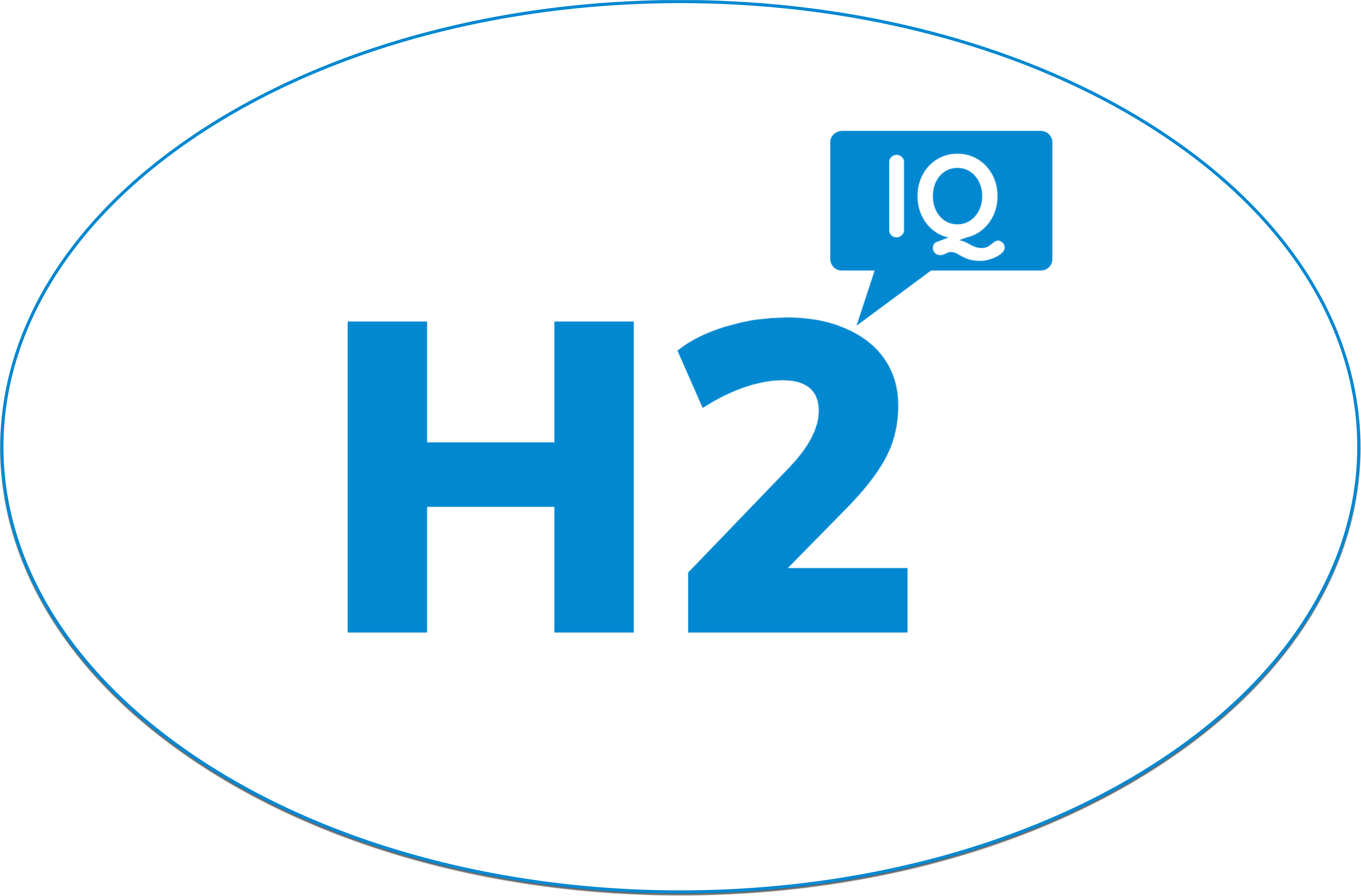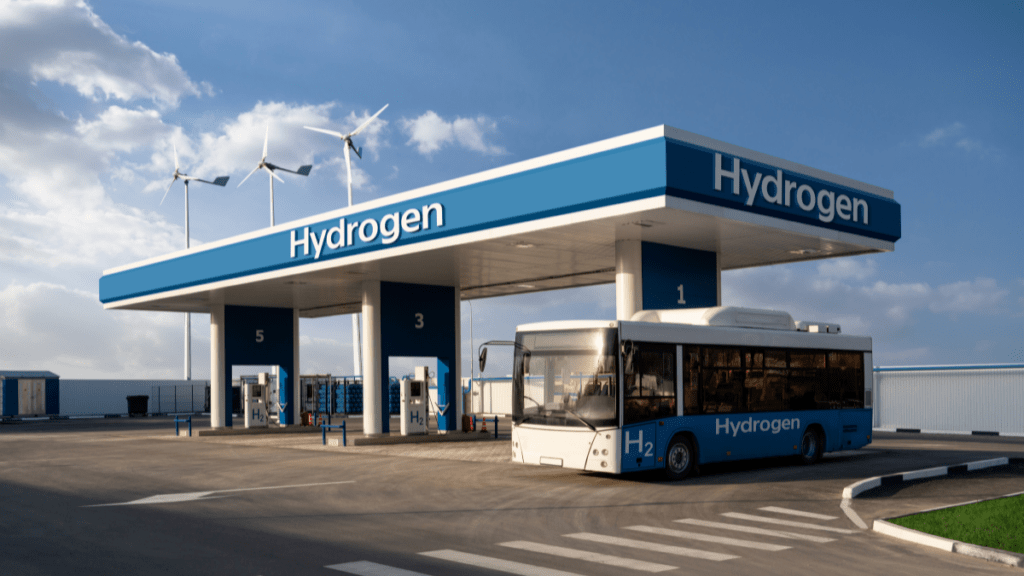
- Taking the lead in hydrogen mobility in partnership with the ME, SK E&S, Hyundai, and Tmap
- Airport buses to be replaced with hydrogen FCEVs: 70% of the fleet (300 buses) by 2026 and 100% by 2030
- Plans to implement for 1,300 intra-city and commuter buses by 2026 and establish 5 bus charging stations
- Reinforcing promotion and education to increase social acceptability of eco-friendliness and safety control of hydrogen FCEVs
The Seoul Metropolitan Government (SMG) plans to reduce the number of diesel airport buses that enter Seoul from Incheon International Airport. The city aims to replace them with hydrogen fuel cell electric vehicles (FCEVs): 70% of the fleet (300 buses) by 2026 and 100% of the fleet (450 buses) by 2030.
While 19.2% of greenhouse gas emissions in Seoul is released from transportation, in contrast to intra-city buses that are operated in eco-friendly manner including CNG and electricity, about 450 airport buses are being operated with diesel.
The round-trip mileage of one airport bus is 137 km on average. As it travels 4 round-trips on average per day which is 548 km, it travels much longer when compared to average daily mileage of an intra-city bus which is 229 km.
Since a large diesel bus emits 30 times greater greenhouse gases and 43 times greater air pollutants compared to a regular car, it is important to change diesel buses into eco-friendly vehicles. Because it takes less than 30 minutes to charge hydrogen fuel bus which is shorter than the electric bus and it has high mileage which is at least 600 km that is similar to internal combustion engine cars, it is appropriate to apply hydrogen fuel buses as airport buses that travel long distance routes.
The city will conduct active cooperation with the Ministry of Environment (ME), SK E&S, Hyundai Motor Company, and Tmap Mobility to change airport buses into hydrogen FCEVs. It also promised to jointly carry out promotion and education with partner institutions regarding eco-friendliness and safety of hydrogen for improving public acceptability.
Since 2020, the city has supplied 27 low floor hydrogen fuel buses as intra-city buses, and it will also supply elevated hydrogen fuel buses that will be released this year as airport buses. The number of hydrogen fuel buses will be expanded up to 1,300 until 2026 by considering presence of charging stations.
Furthermore, for stable supply of hydrogen fuel buses, the city aims to establish bus charging stations in 5 public garages by 2026. By installing a hydrogen FCEV charging station in Gangseo Public Garage last year, about 20 intra-city buses are currently being operated, and liquid hydrogen bus charging station will be installed in this year in Jingwan Public Garage 2.
According to Mayor Oh Se-hoon, public transportation including intra-city buses in large cities is mostly related to greenhouse gas emission, and the city will lead greenhouse gas reduction by changing airport buses into hydrogen FCEVs based on the experience of changing entire intra-city buses into CNG buses that greatly improved air quality.





